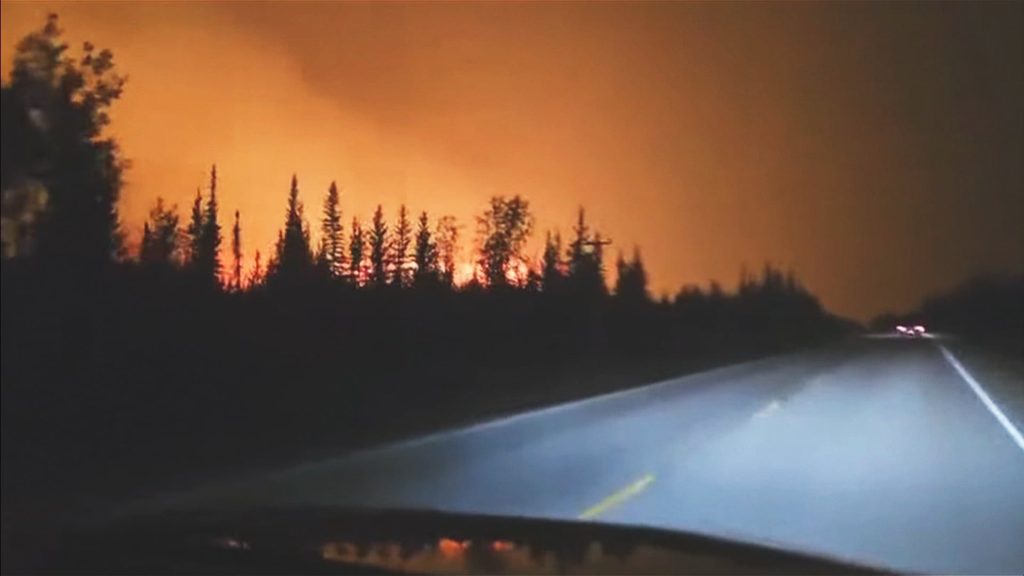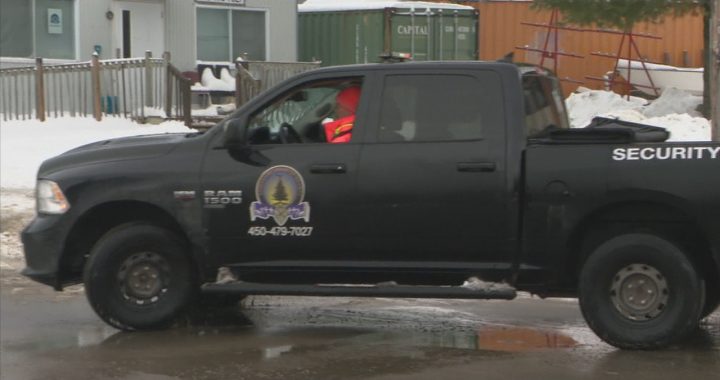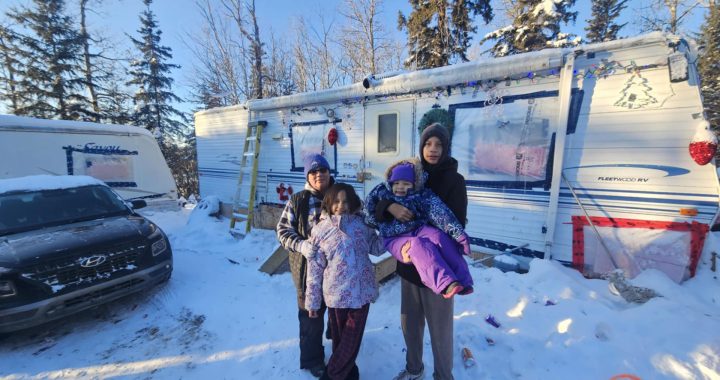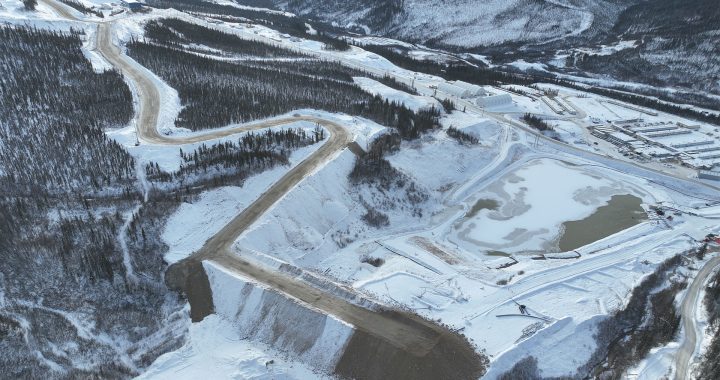
A motorist passes a fire scene in N.W.T. on Monday. Photo: APTN
Wildfires menacing the capital of the Northwest Territories crept closer Wednesday, moving within 16 km of Yellowknife.
The N.W.T government, in its latest fire update, stated the blaze had advanced four km closer overnight to Yellowknife, which is home to 20,000 people.
Residents in three western Yellowknife neighbourhoods were put on evacuation notice, meaning they should have belongings packed and be ready to leave quickly should the flames spread.
The government was predicting a difficult day on the weather front, with strong, gusty winds and dry conditions forecast, and aircraft fighting the fire continuing to be hampered by heavy smoke.
“(There is a) chance of one millimetre of rain, but not enough to make a dent in the fire,” stated the territory’s update posted Wednesday morning.
Heavy smoke
Yellowknife residents continue to deal with heavy smoke and falling ash while crews try to contain the blaze from entering the community.
“A network of fuel breaks, sprinklers and other protective measures are being put in place by the city of Yellowknife and our team to prepare should the fire approach the community,” the update said.
“We continue to maintain structure protection along (nearby) Highway 3 to keep cabins and homes safe as the vegetation burns off from the ignition operation.”
The city is organizing shelters in another part of the community for any evacuees from the west end.
Yellowknife is one of many communities in the N.W.T. grappling with more than 200 wildfires that have already burned an area four times the size of Prince Edward Island.
State of emergency
The territorial government declared a state of emergency late Tuesday, allowing it to access resources to combat what it’s calling an unprecedented wildfire season.
Evacuations have been ordered for Fort Smith, Enterprise, Jean Marie River and Hay River. People displaced by the fires are relocating to temporary shelters set up as far south as Calgary.
Many highways have been closed and the territory is mounting what officials have called the largest airlift in its history. Canadian Forces personnel are helping firefighters and are flying evacuees out on Hercules aircraft.
In addition to the military deployment, the federal government said in a statement it is providing funding dedicated to response and recovery activities for eligible First Nations while Public Services and Procurement Canada and the Canadian Coast Guard are also lending support.
An evacuation notice remains in place for Inuvik at the far northwestern tip of the N.W.T.










